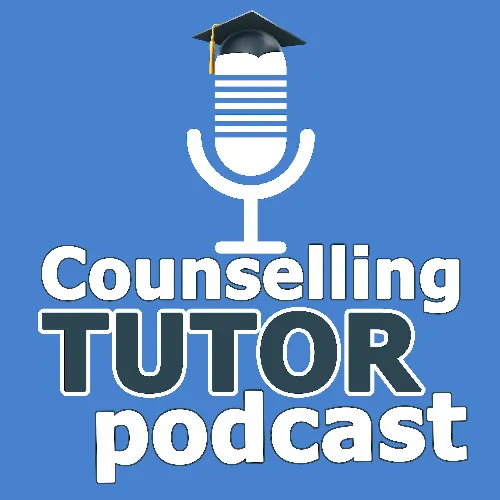140 – Counselling for Self-Harm
- Author
- Ken Kelly and Rory Lees-Oakes
- Published
- Sat 08 Feb 2020
- Episode Link
- https://counsellingtutor.com/counselling-for-self-harm/
Anti-Discriminatory Practice in Counselling - Dual Relationships with Tutors
In episode 140 of the Counselling Tutor Podcast, Ken Kelly and Rory Lees-Oakes discuss discrimination and how to guard against this in your counselling practice. 'Check-In with CPCAB' then looks at the tricky issue of dual relationships between tutors and students. Last, in 'Practice Matters', the presenters explore counselling for self-harm, including the forms that self-harm takes.
* BACPAC practice management software for counsellors and psychotherapists is a sponsor of the Counselling Tutor Podcast.
Get a 30-day free trial of BACPAC and a 30% discount by using the discount code CT2020
Anti-Discriminatory Practice (starts at 1.18 mins)
This topic was raised recently in the Counselling Tutor Facebook group, where you can discuss current topics with 28,000 counselling students, qualified counsellors and counselling tutors.
The Equality Act 2010 outlaws discrimination on the grounds of nine protected characteristics:
age
disability
gender reassignment
marriage and civil partnership
pregnancy and maternity
race
religion or belief
sex
sexual orientation
Personal development groups provide a great opportunity to explore any prejudices that you might have but be unaware of.
Indeed, it is relatively unusual these days to encounter overt discrimination (open and intentional), but there remains much covert discrimination (hidden away, and often unconscious). Rory and Ken share personal anecdotes of discrimination of both these types that they have witnessed.
Do remember that seeing a client as a 'victim' and using that term is a form of discrimination.
When working with clients, it is paramount to enter their frame of reference, using empathy to understand how each client experiences the world. If you can achieve this, you will naturally avoid discrimination (which tends to be a product of seeing the world through our own lens).
Rory has written a handout on this topic; this is available here, or through the Handouts Vault and Counselling Study Resource (CSR).
Check-In with CPCAB: Dual Relationships with Tutors (starts at 12.42 mins)
In episode 123 of the Counselling Tutor Podcast, Rory spoke to Heather Price (Senior Counselling Professional) at CPCAB (Counselling & Psychotherapy Central Awarding Body) about dual relationships in counselling training.
Heather explained then that this situation occurs when two people who already know each other well outside the classroom (e.g. through being relatives or colleagues) attend the same course.
In this episode, Rory and Heather revisit the topic of dual relationships, but this time look at the potential difficulties when a course tutor is already acquainted with a student in their group either professionally or personally.
Heather explains how this type of dual relationships can be avoided (e.g. through identifying these during the interviewing process) and - if they 'slip through the net' or are unavoidable - what arrangements need to be put in place to ensure ethical working, including assessment procedures and documentation to record potential conflicts of in...
